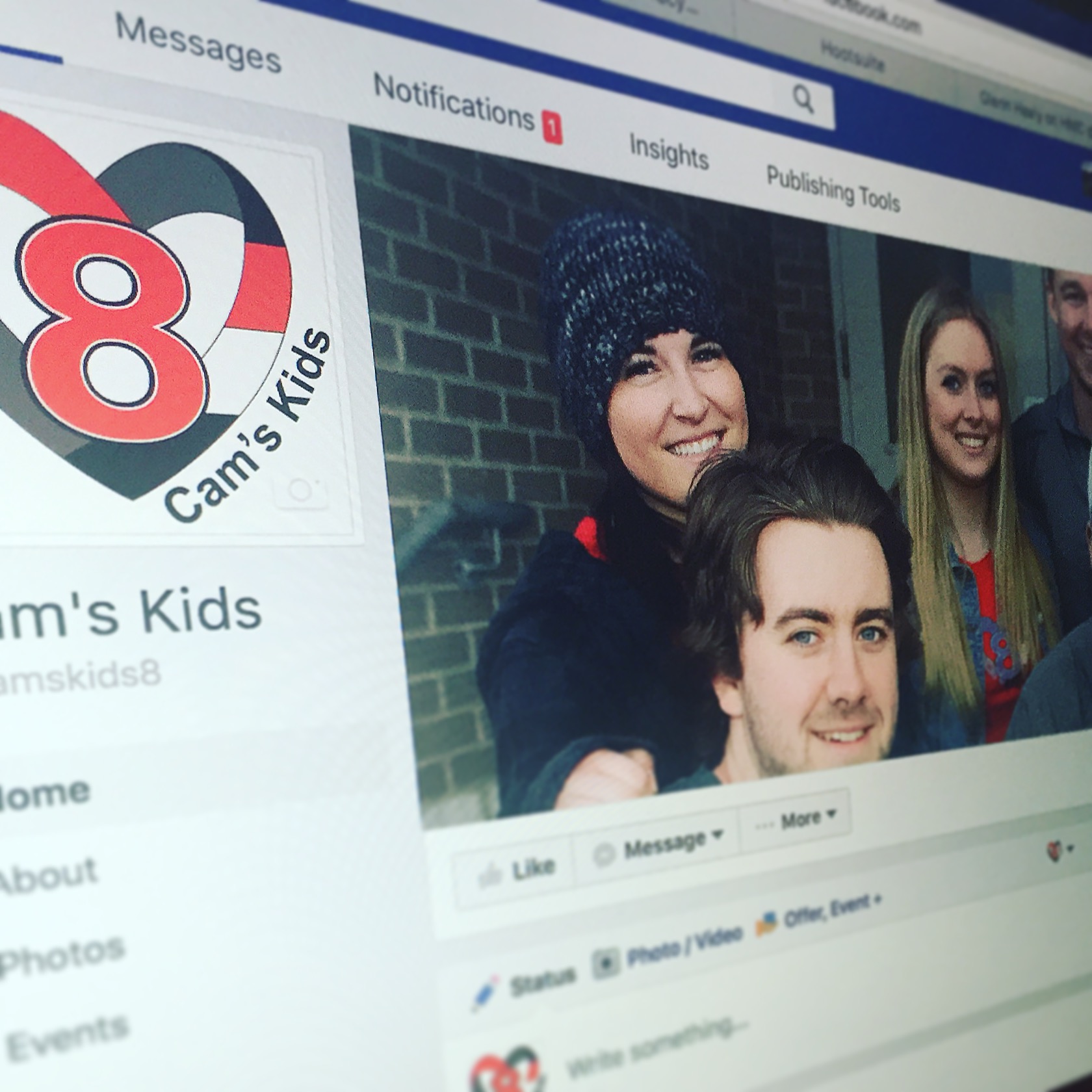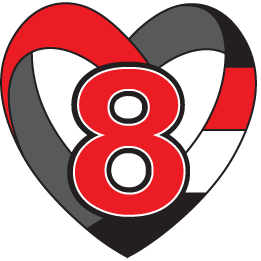
Tips & Tools
Managing your anxiety
Social Media - A Prescription for Loneliness


by Taylor Waines
In 1997, the first social media site, Six Degrees, was crafted allowing users to create a profile and connect with other users. This began a string of social media inventions from the first blogging site in 1999, to the inventions of MySpace, Facebook, and Instagram in the 21st century. Coined as social media, these sites began to prove to be anything but social, as many users sat in front of computers for hours or checked their “likes” hundreds of times a day. Now, when you walk into a coffee shop you will see a room of people on laptops or cellphones checking their profiles, updating their status or snapping shots of their food. Many of these people may even be with someone and yet social media has taken the place of actually being social.
Like everything these apps and sites have causation; meaning there is a cause and effect relationship. The cause, being the need to be social, the effect, being one will become less social. As consumers crave social interaction they continue to use these sources. As they start to lose contact with the real world and become lonely, the cycle continues.
The deeper question of all of this is how does it affect our health? In a study called, Relations Among Loneliness, Social Anxiety, and Problematic Internet Use, author Scott E. Caplan, delves into that question. Caplan suggests that those who are socially anxious find more comfort in social media than in face-to-face (FTF) encounters. Therefore, given the choice between talking to someone in person and talking to someone on Facebook, many socially anxious people will choose the latter as they find comfort behind the screen. Caplan however, explains that this can cause negative outcomes. Some of these outcomes include missing class or work, avoiding/missing social engagements and getting in trouble at work or school due to social media addiction.
Those who already suffer from social anxiety are at risk to begin a vicious cycle when it comes to social media. As people seek social attention online and receive it, they become less likely to find social interaction outside their screens. By avoiding face-to-face interactions, social anxiety only worsens.
In a study called, Is Generation Y Addicted to Social Media?, by Jaclyn Cabral, 59% of respondents answered that they believe they are addicted to social media. This addiction can be categorized by anxious or worrisome feelings when you can’t check your social media, as well as, physical symptoms such as headaches, carpal tunnel or neck pain.
In a study for Anxiety UK, done by Salford Business School at the University of Salford, of the 298 people polled, 55 per cent said they felt anxious or worried when they were unable to check their social media. Two-thirds of respondents also cited sleeping issues and difficulty relaxing after using these sites.
Research has suggested that social media addiction can increase depressive and anxious symptoms, but as well may be a result of depression and anxiety. Those who have underlying mental health issues are found to be more susceptible to social media addiction. The online realm allows us to escape reality and create a virtual self/life. Whether it’s deceiving the world by using filters, or by choosing only pictures that represent who you wish you were, many create a virtual self to boost self-esteem and confidence.
Join us for the "Disconnect to Reconnect" Challenge by taking a 24-Hour break from social media. After your 24 hours are up, we’d love to hear about what you learned, experienced and felt while you were social-media-free. Submit a few sentences by commenting on the Cam's Kids Facebook page!
In the Tedx Talk video called, What You Need to Know About Internet Addiction, by Dr. Kimberly Young, Dr. Young explores the topic of Internet addiction. Internet addiction can be compared to a food addiction, she says. Thus citing the ways to treat it are similar to how you would treat a food addiction. These include digital nutrition and digital diets.
Digital nutrition may be a strange concept to grasp; how can the Internet provide nutrition? Dr. Young says digital nutrition is about what you click on. Digital nutrition is indulging in Internet past-times that are positive rather than negative. For example, instead of using the Internet for gaming or social media, use it for research or applying for jobs. This is what she describes as the difference between eating potato chips and having fruit.
Digital diet, on the other hand, is a very controlled, prescribed use of the Internet, says Dr. Young. So instead of checking your Facebook 50 times a day, reduce it to say, three times a day. By following a strict digital diet and nutrition, you can eliminate this addiction or at least learn to control it.
Although technology does have its dangers, it also provides benefits to users, including those who suffer from mental health illnesses. Through groups, forums and online chat rooms, many can find an outlet to speak to others they can relate to. Not only can we support each other through these means, we can help ourselves as well. The Cam’s Kids Foundation, for example, through its social media sites, can be used to promote awareness, share coping strategies and offer hope for those dealing with anxiety. All in all, social media does have its benefits when used positively and time effectively.
As the technological age only continues to grow, both young and old generations need to seek refuge in face-to-face interactions. “Likes” should not determine our worth and “retweets” should not show how witty or smart we are. Swap the emoji’s for emotions, and the “selfies” for self-regulation. Touch a person with your hand not your Facebook status. Inspire someone with your achievements, not your number of followers and learn to free yourself of the electronic noise.
Join us for the "Disconnect to Reconnect" Challenge by taking a 24-Hour break from social media. After your 24 hours are up, we’d love to hear about what you learned, experienced and felt while you were social-media-free. Submit a few sentences by commenting on the Cam's Kids Facebook page!

Taylor Waines is a graduate of Durham College's Web and Print Journalism program. She has written many articles for DC's paper The Chronicle, on topics such as health, mental health and well-being. She interned at the Cam's Kids Foundation as part of her program to share her knowledge and research on mental health.
- All
-
29 Nutrition
Nutrition
- 73 Mindfulness and Relaxation
- 27 Student Life
- 8 Exercise
- 51 Treatments & Therapies
- Anxiety Resources

Don't see what you're looking for? Send us an email!
©Copyright 2024 Cam’s Kids powered by Kids Help Phone
Not-for-Profit Organization. B/N: 921508-5
Thanks for visiting Cam's Kids. Please remember...
Cam's Kids is not a service provider.
If you are in crisis, please call 911 or go to your nearest emergency department. For free, confidential counselling, contact Good2Talk or Kids Help Phone.
Post-secondary students: find your local crisis resource here.

